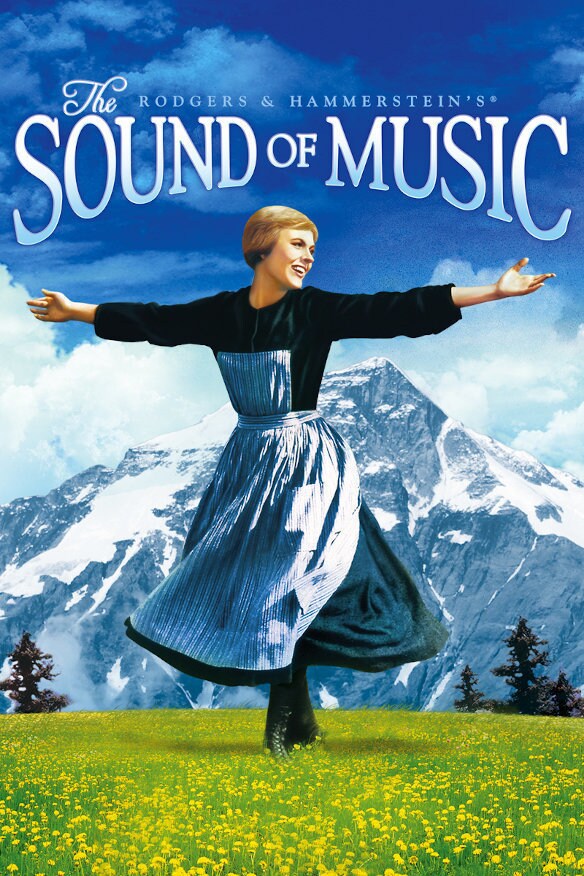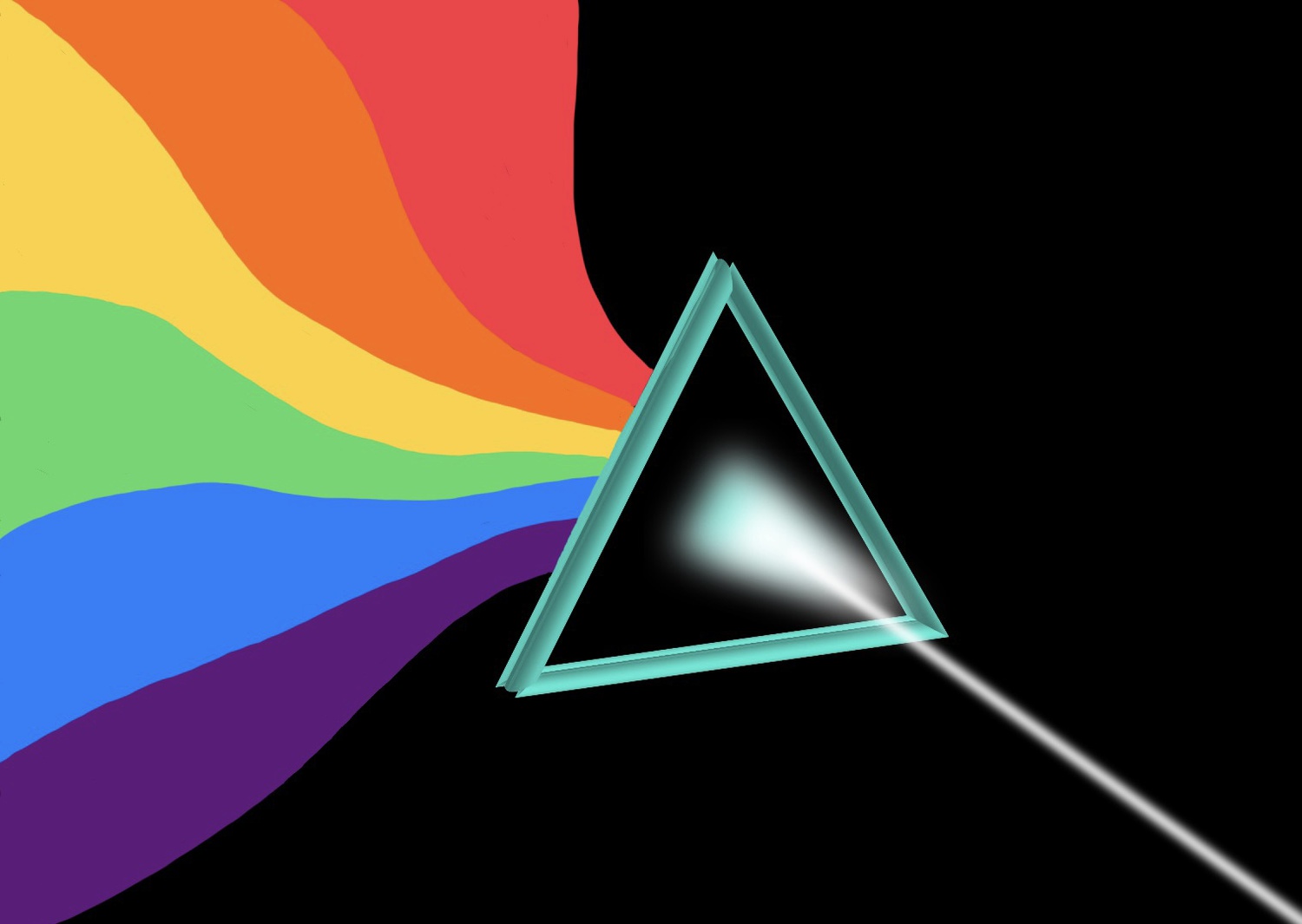- Top 10 Cult Classics That Have Achieved Legendary Status
- Top 10 Films Directed by Women Filmmakers
- Top 10 Film Scores and Soundtracks in Cinema History
- Top 10 Superhero Movies of the 21st Century
- Top 10 Animated Films for All Ages
1. “Star Wars” (1977) – Composed by John Williams
John Williams’ iconic score for “Star Wars” is a cinematic masterpiece that has become synonymous with epic space adventures. The grandeur of the main theme, the thrilling battle music, and the emotional depth of Princess Leia’s theme have made this soundtrack an integral part of the “Star Wars” experience. The music perfectly complements the film’s epic scale and timeless storytelling, making it a cornerstone of film scoring and a must-listen for any movie enthusiast.
2. “The Lord of the Rings” Trilogy (2001-2003) – Composed by Howard Shore
Howard Shore’s musical contribution to “The Lord of the Rings” trilogy is a symphonic marvel. The epic and sweeping score accompanies the journey of Frodo and his companions through the enchanting and perilous world of Middle-earth. With distinct themes for the various races and locations, the score immerses the audience in J.R.R. Tolkien’s universe. Its ability to convey a sense of adventure, camaraderie, and the weight of destiny makes it a landmark in film music.
3. “Jurassic Park” (1993) – Composed by John Williams
John Williams strikes again with his memorable score for “Jurassic Park.” The majestic, yet foreboding, theme captures the awe and terror of the prehistoric creatures brought to life by Steven Spielberg’s groundbreaking visual effects. Williams’ music enhances the film’s sense of wonder and danger, turning it into a cinematic experience that remains captivating to this day.
4. “Schindler’s List” (1993) – Composed by John Williams
“Schindler’s List” presents a stark departure from John Williams’ more grandiose compositions. In this film, he creates a hauntingly beautiful and poignant score that complements the stark black-and-white imagery of Steven Spielberg’s Holocaust drama. The mournful melodies evoke the pain and suffering of the Holocaust, making it a deeply moving and essential film score.
5. “Psycho” (1960) – Composed by Bernard Herrmann
Alfred Hitchcock’s “Psycho” is known for its groundbreaking score, masterfully composed by Bernard Herrmann. The shrieking violins and tense strings contribute to the film’s psychological terror and suspense. Herrmann’s score sets the tone for the entire thriller genre, making it a classic that still terrifies and thrills audiences today.
6. “E.T. the Extra-Terrestrial” (1982) – Composed by John Williams
John Williams’ score for “E.T. the Extra-Terrestrial” is a testament to the emotional depth that music can bring to a film. The heartwarming and whimsical theme associated with the alien visitor, E.T., captures the innocence and wonder of childhood. This score, with its unforgettable “Flying” track, elevates the film’s storytelling to a deeply emotional level, making it a cherished classic.
7. “The Good, the Bad and the Ugly” (1966) – Composed by Ennio Morricone
Ennio Morricone’s score for “The Good, the Bad and the Ugly” is an iconic piece of Western film history. The film’s distinctive whistling theme, the haunting harmonica melody, and the sweeping orchestral arrangements create a soundscape that is as rugged and unforgiving as the film’s desert landscapes. Morricone’s score is a character in itself, enhancing the film’s tension and sense of grandeur.
8. “The Godfather” (1972) – Composed by Nino Rota
Nino Rota’s score for “The Godfather” is a timeless and evocative masterpiece. The haunting main theme and its variations convey the grandeur and tragedy of the Corleone family’s story. Rota’s music adds depth to the characters and their complex relationships, making it an integral part of Francis Ford Coppola’s cinematic saga.
9. “The Shawshank Redemption” (1994) – Composed by Thomas Newman
Thomas Newman’s score for “The Shawshank Redemption” is a harmonious blend of hope and despair, mirroring the film’s themes of redemption and resilience. The ethereal and uplifting music enhances the emotional impact of the story, creating a sense of beauty within the confines of a prison. Newman’s score is a testament to the power of music in conveying the human spirit’s triumph over adversity.
10. “The Sound of Music” (1965) – Composed by Richard Rodgers and Oscar Hammerstein II
“The Sound of Music” boasts a timeless and beloved score, composed by Richard Rodgers with lyrics by Oscar Hammerstein II. The film’s memorable songs, including “Do-Re-Mi,” “My Favorite Things,” and the titular “The Sound of Music,” are cherished by generations. The music perfectly complements the heartwarming tale of the von Trapp family and their escape from the looming shadow of the Third Reich. The film’s score is a classic that continues to enchant audiences with its joyful and uplifting melodies.
In conclusion, these ten film scores and soundtracks represent the pinnacle of cinematic music. They enhance storytelling, convey complex emotions, and remain inseparable from the films they accompany. Whether it’s John Williams’ symphonic grandeur in “Star Wars” or Bernard Herrmann’s nerve-shredding strings in “Psycho,” these compositions have left an indelible mark on the history of cinema. They are more than mere background music; they are integral to the art of filmmaking, and their enduring appeal cements their status as must-listen pieces of cinematic history.

